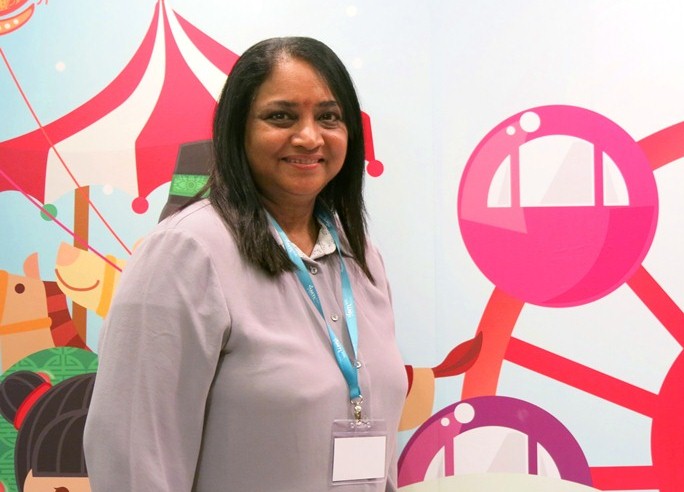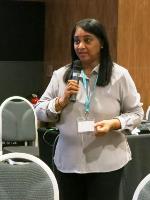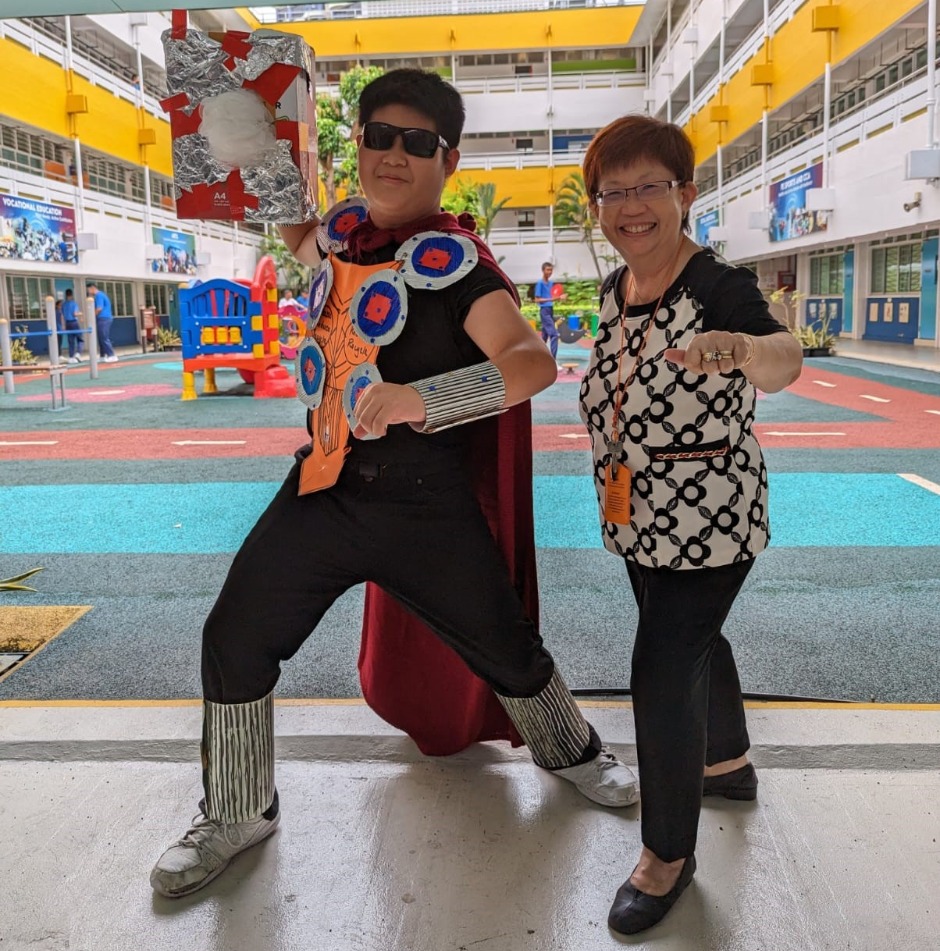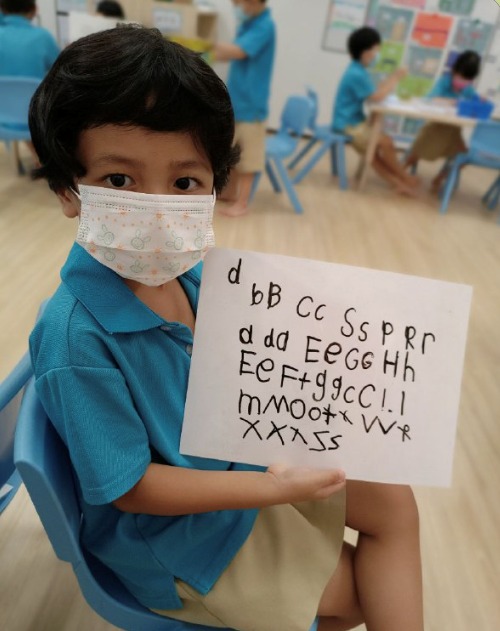Helping your child with the ABCs of speaking and reading
13 Oct 2014

Do you find that children tend to talk like their parents? If we realise that our daily conversations are being picked up and imitated by our children, perhaps we would be more careful with how we speak.
 “Language is acquired often implicitly rather than explicitly,” said Dr Chitra Shegar, Assistant Professor of English Language and Literature at the National Institute of Education.
“Language is acquired often implicitly rather than explicitly,” said Dr Chitra Shegar, Assistant Professor of English Language and Literature at the National Institute of Education.
At the 3rd Mother Tongue Language Sympos?ium 2014 held on 23 August 2014, Dr Chitra shared some tips on how we can use talk to encourage early literacy development in our children!
- Note the child’s point of attention
If a child is drawing, it would almost be futile to try and talk to him or her about a plant on the table. Instead, take note of where his or her attention is. You could talk about the way the pencil is being held, or what is being drawn. When the conversation revolves around a topic they can relate to and are interested in, the chances of the child absorbing the language are higher.
- Gesturing
Try pointing at an object as you talk about it. For example, point to a photo and ask the child to point out people whom he or she is familiar with (e.g. relatives, cousins, caregivers). Similarly, when a child points at an object, tell him or her not just the name of the object, but provide more information about it, such as its use and origin.
- Describing
Make an effort to describe the shape and colour of the object that has captured your child’s attention. You could also describe daily actions, such as the act of washing hands and forward or backward movements.
- Repeating
Research has shown that the frequent use of words helps children to remember them. Some words are naturally repeated often because they are used in everyday life.
- Using a range of words
Using a variety of words regularly, no matter how easy or hard they may seem, is the best way to help children build up their vocabulary. Of course, this does not mean speaking to them like you are a walking thesaurus but as Dr Chitra said, “Whenever you find the opportunity to use good words, do not dilute it for the child.” A wide vocabulary will also help them when they progress to reading later on.
So to help our children with early literacy development, we can start by being more careful with the way we speak.
How else do you help your child with early literacy development? Share your thoughts and ideas with us in the comment box below!





